Dangers Of Modern Cleaning Products
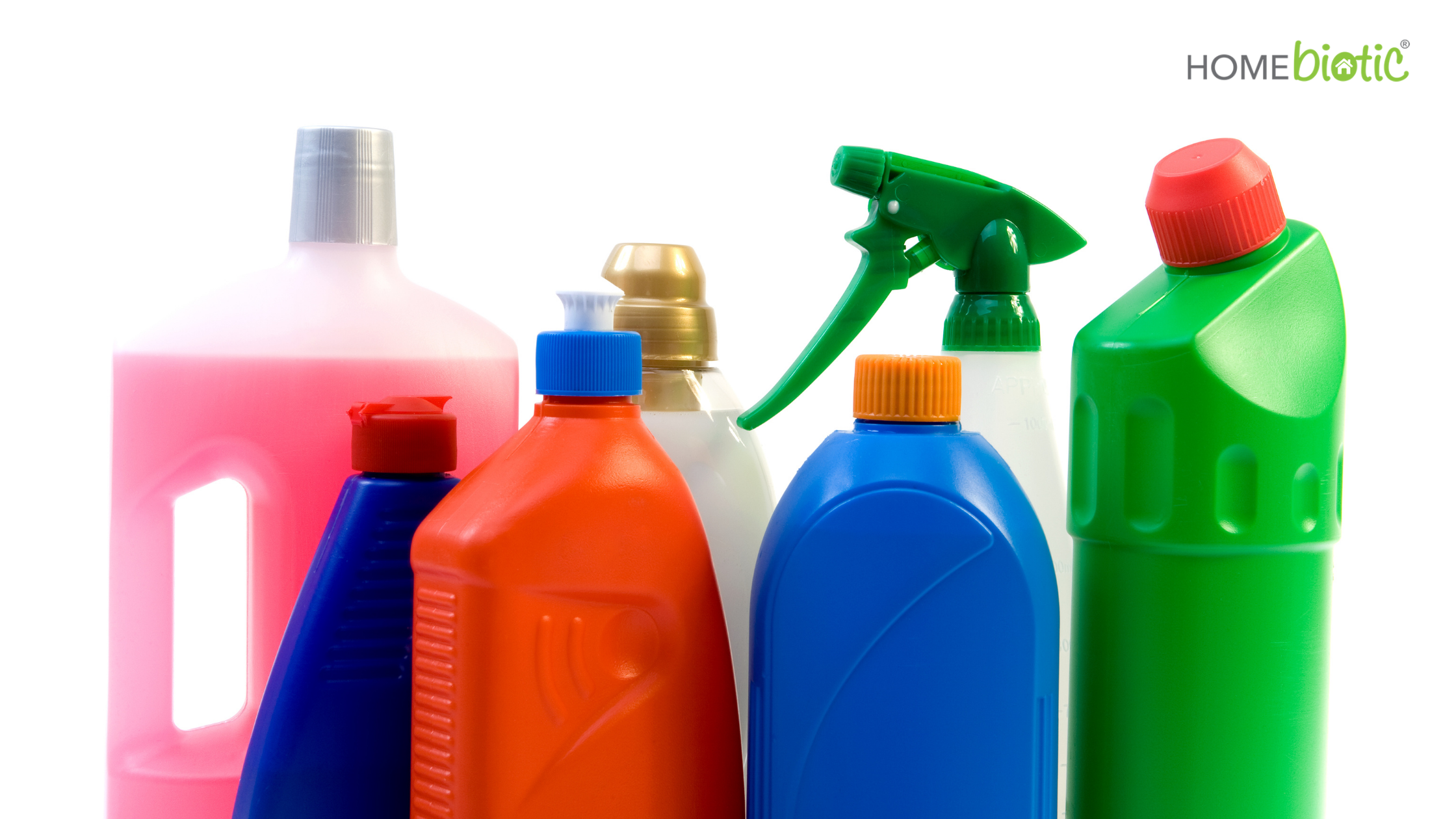
Over the past century our cleaning strategies have become more modern and increasingly more sterile. This means we have adopted the idea that in order for our homes to be clean, they must be void of all microbes. Not only is this idea false, it’s also very harmful to our home environment, the external environment, and our health.
In the past decade, we’re learning that the health of our overall microbiome is an important piece to our personal and environmental health. A microbiome refers to all the microbial life that we live with every day. In order for a microbiome to be healthy, there has to be a diverse and abundant microbial life. In other words, we don’t want to harm all the bacteria and other microbes that we live with. The biggest reason why microbes die out is due to our cleaning practices. Let’s explore this in more depth so that we can learn how to foster our microbiome better.

Which Modern Cleaning Products Are Harmful?
Modern cleaning products that contain ammonia, bleach, antibacterial, and other harsh compounds can be harmful to our skin, gut, environmental, and home microbiome. Yes, these products will definitely kill harmful bacteria and viruses, but they also kill all the healthy and helpful microbes as well. There are times when we need to kill harmful microbes for sure, but we likely don’t need to do this all the time. Unfortunately, we’ve become so averse to any microbes at all that we often slather our homes in these products.
Modern cleaning products that contain ammonia, bleach, antibacterial, and other harsh compounds can be harmful to our skin, gut, environmental, and home microbiome. Yes, these products will definitely kill harmful bacteria and viruses,… Share on X Why Are Some Cleaning Products Harmful To The Environment?
Why Are Some Cleaning Products Harmful To The Environment?
We may intend to just clean our homes, but every time we use harsh cleaning products, they get washed down the drain and end up in our oceans, drinking water, and freshwater lakes. These products will also cause destruction in the healthy microbes in our natural environments. These environments rely on a balance of microbes to survive and function well. Many bacteria that can be found in soil, water, and plants are needed in order to continue the life cycle properly. What we may not realize is that this healthy microbiome is essential for the health of our entire world. Without them, nature would die and so would we. Although the use of harsh cleaners is just beginning to be understood, people are still manufacturing and using them daily in their homes, offices, and public buildings.
How Modern Cleaning Products Affect The Home Microbiome?
In our homes, modern cleaning products can decimate an entire population of microbes in one sweep. We are beginning to understand that this is not a good thing but we don’t exactly know why. Our home has a microbiome made up of human microbes, home microbes, and possibly pet microbes. All of these eventually settle into a balance if they are allowed to flourish.
The key thing that people need to understand is that this microbiome helps us considerably. A diverse set of microbes actually helps decrease harmful microbes like mold, fungus, salmonella, e.coli, and others. However, this can only happen if the microbiome is healthy and balanced. Without a balance, other microbes take over and grow out of control. Mold is a perfect example of this. Often, mold can be found in places where the microbiome is unstable and unbalanced. The same can be said for mildew and bacteria like e.coli. If we kill off the microbiome, then these harmful microbes can take over and then we will have to clean excessively in order to stave them off. Anyone who’s ever had a mold problem can tell you how difficult it is to get rid of the problem once it starts. But few people realize that they can do this by ensuring that good microbes have a place in their homes.
Several studies show that homes void of diverse microbes has an overgrowth of human and fungal microbes which are not helpful to the home environment. Even pests like spiders, beetles, and camel crickets are essential to a healthy home microbiome. However, these tiny creatures are also negatively affected by over-cleaning using harsh modern cleaning products.
Several studies show that homes void of diverse microbes has an overgrowth of human and fungal microbes which are not helpful to the home environment. Share on X How Modern Cleaning Products Affect The Environment?
How Modern Cleaning Products Affect The Environment?
Modern cleaning products actually kill bacteria and other microbes as they have toxic compounds that don’t support life. They don’t simply remove and wash away bacteria, instead they actually kill them along with all the good microbes too. This is a big difference compared to more natural cleaning products that simply wash microbes away without killing them.
Furthermore, these toxic compounds leave our homes through the drain pipes and end up in our external environment. This is why our lakes and oceans are struggling. Marine and terrestrial life can not be supported properly with so many toxic chemicals in their living space.
How Do Some Cleaning Products Affect Our Bodily Microbiome?
Our gut and skin microbiome are highly important for our health and wellbeing. Harsh cleaning products also affect these environments as well. Studies show that many human diseases and allergies began rising right after the invention of modern cleaning products. This is because, without a healthy skin and gut biome, our immune system doesn’t work the way it was intended. This leads to the development of allergies, autoimmune disease, and other immune-related conditions.
When we clean our homes with harsh cleaners, we are decimating the biome on our hands which affects other areas of our skin and gut microbiome. The more we erode our skin and gut microbiome, the less our immune system can work properly. This means we may get sick easier or develop conditions that never used to be around many years ago (i.e. autoimmune diseases). The serious rise in allergies is proof that our immune systems are becoming more eroded as our cleaning and living practices are infused with harsh and toxic chemicals.
The more we erode our skin and gut microbiome, the less our immune system can work properly. Share on XWhich Cleaning Products Would Work Better?
Ideally, natural cleaning products or those that use just plain soap compounds are much better. Essential oils can take care of most bad bacteria without killing off the good ones. However, we have to be careful with essential oils as well as too much of them can also harm the microbiome. Essential oils are things like concentrated lemon, eucalyptus, or tea tree oil. These oils are quite good at cleaning and refreshing the home.
Vinegar and water can also act much like essential oils do. Vinegar also neutralized odors so it makes for a good cleaning product. Again, don’t use too much as it can destroy the good microbes over time.
Soap-based cleaners are good as well. Soap molecules attach to dirt and microbes pulling them off the surface; these particles wash down the drain once the soap is rinsed off with water. This is why the rinsing process is also very important when cleaning with soap.
The Homebiotic Surface Cleaner, which is citric acid based, allows you to clean surfaces naturally without harsh chemicals that damage your home biome. Keeping a natural, safe balance of microbes in the home helps protect against exposure to toxins that could negatively impact your health.
As an eco-bonus, Homebiotic Surface Cleaner arrives at your house as concentrated tabs that you mix using a reusable bottle, which saves plastic from ending up in landfills.
Find mold under your sink? Don’t reach for the bleach! Use the Homebiotic Surface Cleaner, which is powerful enough to kill mold, but not harmful to water systems. Wipe away mold, dirt, & grime with the Homebiotic Nano Sponge, which doesn’t cultivate harmful bacteria the way conventional sponges do.
A natural cleaning routine paired with the powerful probiotic protection of Homebiotic Probiotic Spray, your home will stay happy and healthy, protected from the sources of grime and musty odors.
 Why Is It Important To Not Over-Clean Our Homes?
Why Is It Important To Not Over-Clean Our Homes?
No matter what we choose to clean our homes with, it’s important not to over-clean. This means that we should clean lightly once a week using natural products that don’t instantly kill all microbes.
When we over-clean our homes using harsh cleaners, we are killing the beneficial microbiome in the home. As biological beings, we live in harmony with our environments so if we decimate the microbiome in our home, chances are we are also affecting the microbiome in our gut and on our skin. As we’ve discussed, this has a negative effect on our entire health and well-being. So it’s important for us to re-consider our cleaning practices in this respect.
Genty wiping surfaces once a week with natural soap or essential oils will be enough to keep our home environment clean. The only time we should use bleach or other harsh cleaners is if there is an infectious disease in the house or an area is soiled with a large number of harmful microbes like e.coli or salmonella. For example, using a small amount of bleach after cutting up raw chicken on the kitchen counter will be fine. Or if we have someone with a virus in the home, we may need to use antimicrobial cleaner around their living areas. But if all is well and there are no harmful bacteria or viruses present, then we really don’t need to use harsh cleaners to get the job done.
In Summary
The rise of modern cleaning practices is in direct correlation to many diseases and environmental problems. Harsh cleaners are not good for the overall microbiome and as biological beings, we rely on the natural environment to stay healthy. We can do our part by not using harsh cleaners like bleach, ammonia, antibacterial cleansers, etc. The only time these products are necessary is if someone is sick or there is an exposure of harmful microbes like raw chicken on a countertop. Otherwise, natural products like essential oils, vinegar, and natural soap are better choices to make for cleaning products. The more we learn about the danger of modern cleaning products, the more we can make better decisions for our home and wellbeing.
References
https://www.sciencedirect.com/science/article/abs/pii/S1471490615000022
https://science.sciencemag.org/content/336/6080/489
https://www.sciencedirect.com/science/article/pii/S0013935115000304
https://royalsocietypublishing.org/doi/full/10.1098/rspb.2015.1139
https://erj.ersjournals.com/content/44/Suppl_58/P1187
https://www.jacionline.org/article/S0091-6749(13)01564-9/fulltext
https://journals.plos.org/plosone/article?id=10.1371/journal.pone.0064133
https://jamanetwork.com/journals/jamadermatology/article-abstract/478930
https://www.liebertpub.com/doi/abs/10.1089/mdr.2009.0120

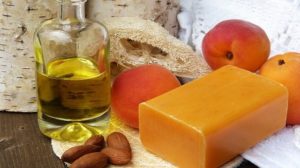
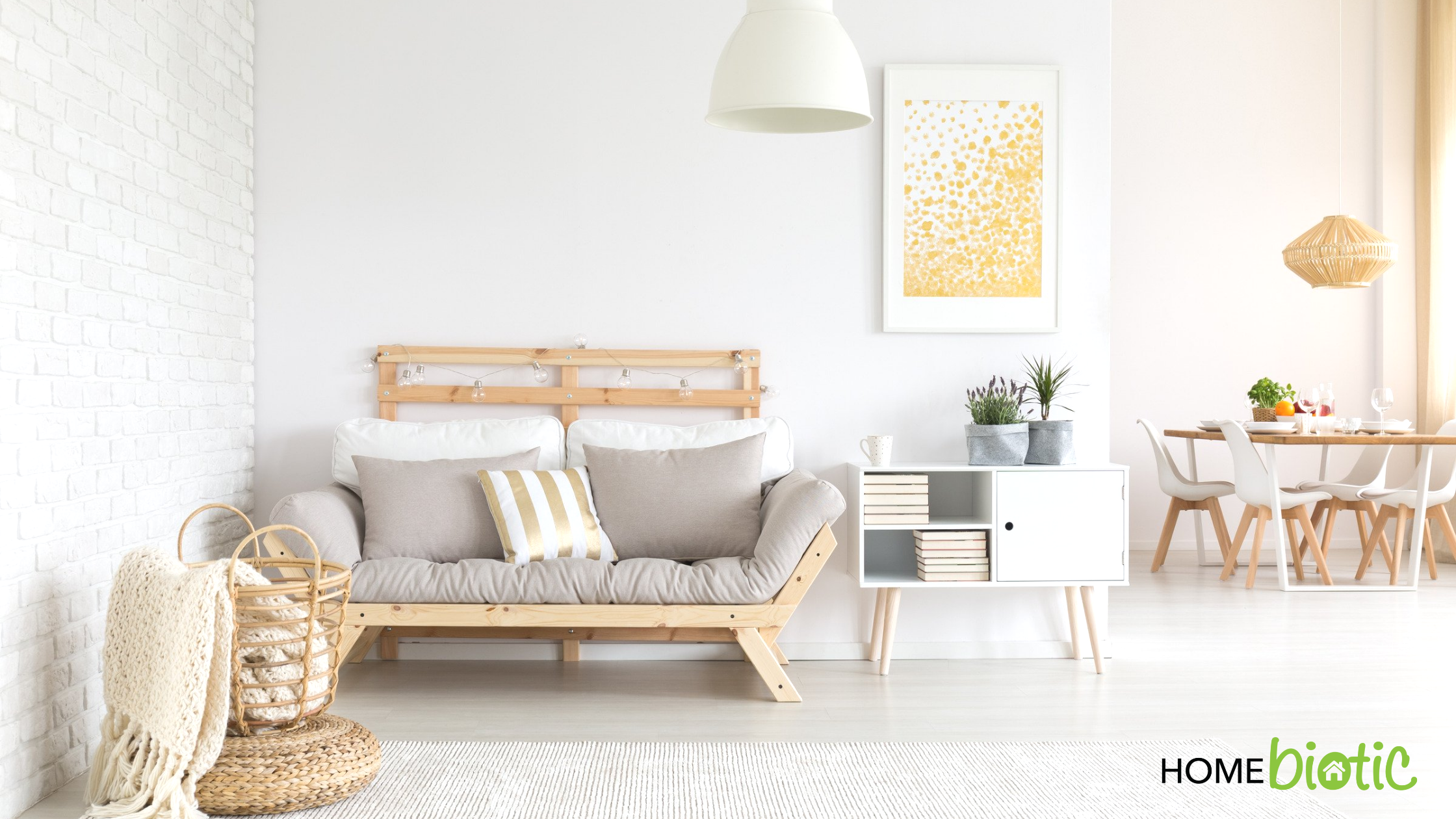
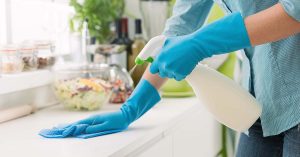 Choosing The Right Cleaning Supplies Will Decrease The Death of Healthy Microbes
Choosing The Right Cleaning Supplies Will Decrease The Death of Healthy Microbes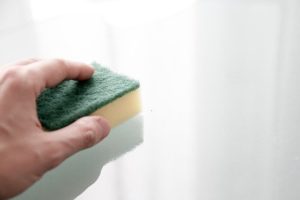 Less Cleaning Will Enhance The Growth & Health of Your Home Microbiome
Less Cleaning Will Enhance The Growth & Health of Your Home Microbiome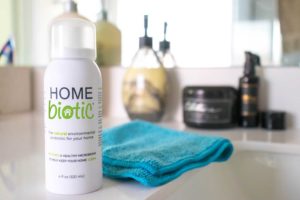 Adding More Soil-Based Microbes Acts Like a Probiotic
Adding More Soil-Based Microbes Acts Like a Probiotic